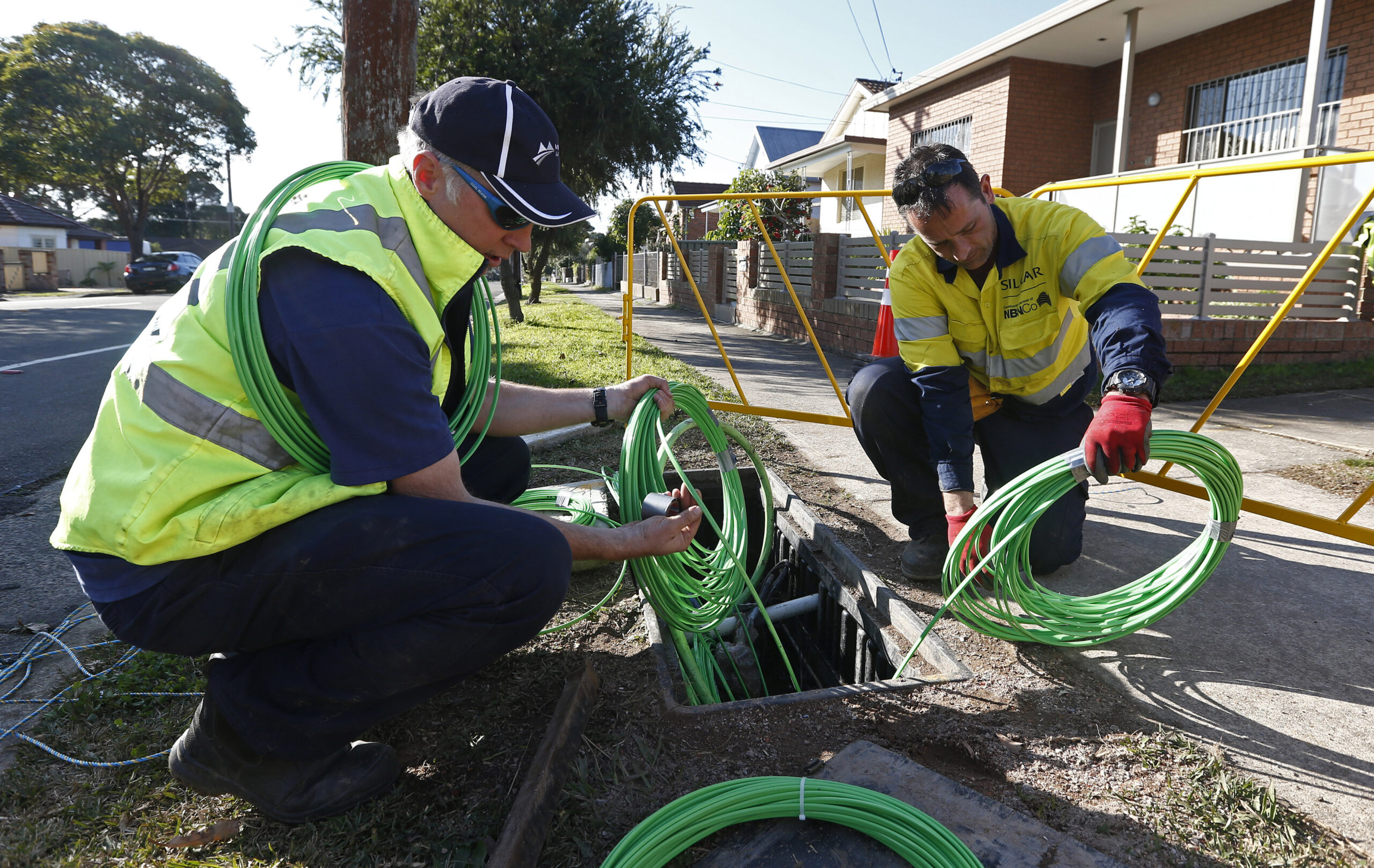Last week, as part of the Bipartisan Infrastructure Deal, the U.S. Senate voted to approve $65 billion in federal funds to bring broadband to more communities and close the digital divide. If enacted, this welcome step will go a long way toward finally delivering high-speed internet access to all Americans.
The COVID-19 pandemic has only underscored how important broadband access is. According to the Pew Research Center, nearly a quarter of American adults still lack broadband access at home. Many of these Americans are from disproportionately low-income and minority communities, where the gap is, unfortunately, nothing new. This is unacceptable. Students shouldn’t be forced to access Wi-Fi in parking lots to do their homework, and families shouldn’t be prohibited from accessing remote healthcare simply because they are on the wrong side of the digital divide.
Thankfully, there are new technologies to help close that divide, and the number of stakeholders coalescing around this issue is growing. Amazon remains committed to working with all interested parties to produce solutions that will generate and deliver accessible and affordable broadband for all Americans. Through strong commitments from both the private and public sectors, we believe we can achieve this goal. Federal resources will go further—and reach more people faster—if private companies leverage their expertise to improve connectivity.
That’s why we are investing more than $10 billion to develop Project Kuiper, an advanced, low-Earth orbit satellite broadband network that will deliver reliable, affordable broadband in the very near future to many who lack access in the United States and around the world. We are excited about the benefits it will provide consumers, small businesses, local governments, educators, and rural and other traditionally disadvantaged communities.
But access to reliable, affordable broadband is only one part of the equation. According to additional Pew research, many Americans are being left behind because they can’t afford the necessary devices to access the internet. Devices like Wi-Fi routers, eReaders, and tablets can be part of the digital-equity solution. Amazon works every day to make our devices and digital services as affordable and accessible as possible.
Amazon strongly supports efforts led by Federal Communications Commissioner Acting Chairwoman Jessica Rosenworcel to address the “homework gap” that leaves behind students without reliable home internet access. The emergency programs recently put in place to provide connectivity services and devices to students learning at home are an important step, but more must be done. It’s going to take a variety of technologies to get everyone connected, and federal policies should embrace this reality. Some examples of common-sense policies that can be implemented to help bridge the gap include harmonizing rules and regulations at state and local levels, easing access to existing infrastructure, and focusing the allocation of broadband funding on access and affordability.
As a company of inventors, we are well aware of the wondrous power of internet connectivity. Basic education, economic opportunity, and adequate healthcare increasingly rely on access to affordable, reliable broadband. We stand ready to work with policymakers across the political spectrum to bring this service to every city, town, and neighborhood. We thank the Senate for its work in this area and hope the U.S. House of Representatives quickly follows suit. Let’s work together to deliver this vital infrastructure, empower more communities, and unlock opportunity for all Americans.






